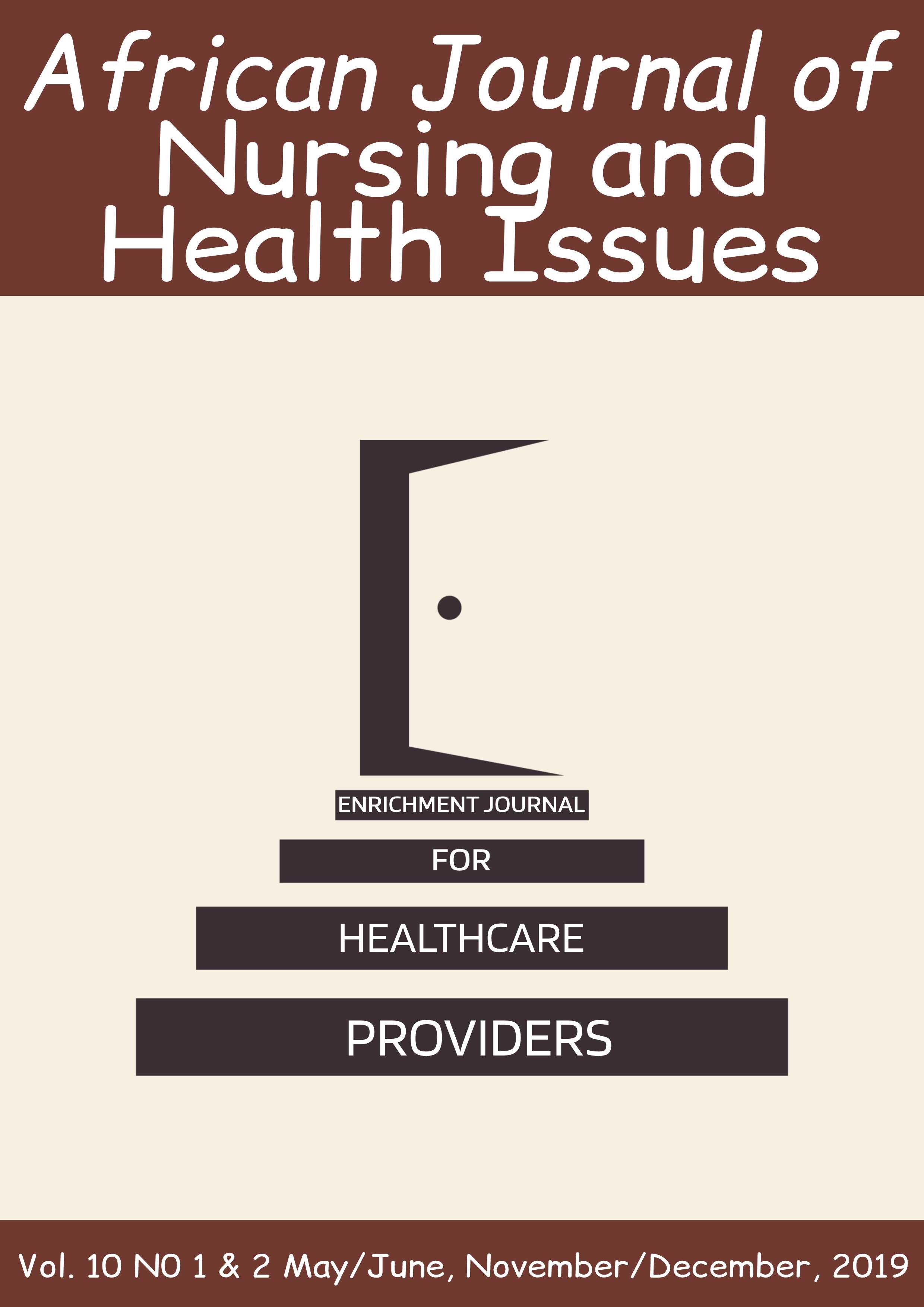
ECONOMIC RECESSION IN NIGERIA: IMPLICATION ON FAMILIES AND ROLE OF COMMUNITY HEALTH NURSES
The recent economic recession experienced by Nigerians appears to be the worst in 29years, with an inflation rate of 17.1%, and decline in Gross Domestic Product by 2%. The economic downturn unfolded adverse social and health effects. Several studies showed that financial downturn have direct impact on the overall health, on the public spending directed to healthcare system. A literature Review of national and international studies indicate strong correlation between unemployment or low-income level and increased mortality rates, suicide tendencies, mental disorders, changing habits and over consumption of tobacco and alcohol during economic recession. During recession, many people lose their jobs, and these job losses affect the stability of families and individuals. Other times, Inability to find work or become re-employed can be very frustrating, terrifying, and depressing, and can sometimes, lead to bigger problems such as health challenges ranging from, marital dispute, to depression, and then and suicidal ideation. Many families who are just struggling to survive can experience total separation because of this.
Meanwhile, nurses that work in the community have been attending to different kinds of health challenges ranging from, marital dispute, to depression, and then and suicidal ideation. Hence, this paper helps to understand what families go through during recession, and what’s expected of a community health nurse to those families during economy downturn.
